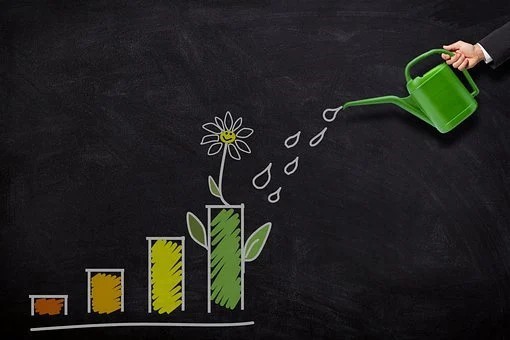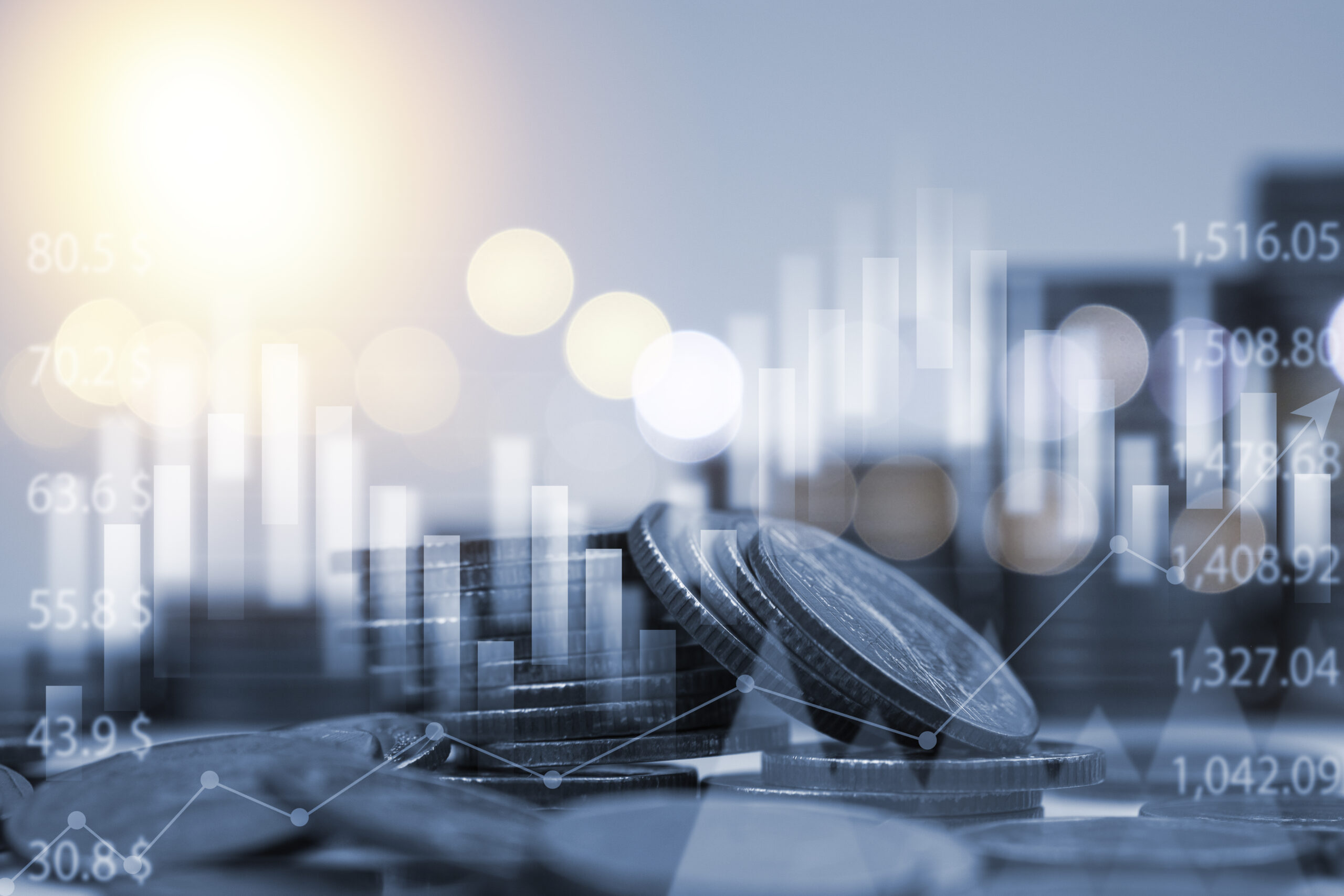
Can the Economy Promote Freedom? Breaking down the Debate at Freer Future Fest
By: Rohan Upadhyay The Freer Future Fest - a libertarian conference in Nashville that was partially planned and run by the Vanderbilt Libertarian organization - hosted a debate on Saturday, October 9th, between political Twitch streamers Vaush and Bastiat. The conversation examined what “freedom” means and the types of freedom that society should prioritize to maximize people’s opportunities to experience fulfilling lives. Furthermore, the two commentators discussed how the institutions and regulations of the American economy promote and inhibit freedom in various ways. They debated how to reorganize our economy to promote greater opportunity. While Vaush argued that “freedom” requires…








